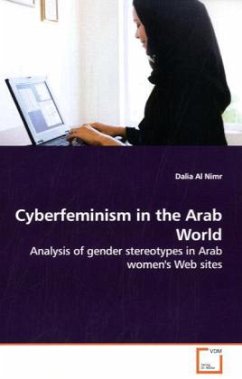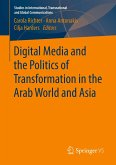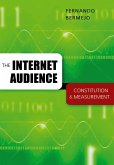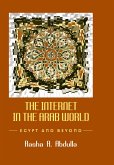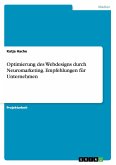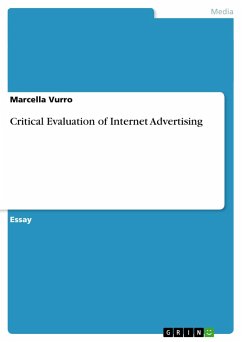The Internet has become a viable source of news,
information, entertainment and social integration for
people worldwide. The Internet is also a medium where
gender identity operates strongly. Feminists, in
particular, hailed the medium as a domain where women
can assert their identities without patriarchal
constraints and can challenge their stereotypical
portrayal in the media. But does the Internet provide
such utopianism? This book provides a content
analysis of 18 Web sites targeted at Arab women. The
results demonstrate that the Internet is tarnished by
the same gender stereotypes that have pigeonholed
women for decades, circumscribing them in their
domestic roles as housewives and mothers and
rendering them merely as objects of beauty and visual
gaze. The analysis should be especially useful to
students, researchers and professionals in the field
of gender studies.
information, entertainment and social integration for
people worldwide. The Internet is also a medium where
gender identity operates strongly. Feminists, in
particular, hailed the medium as a domain where women
can assert their identities without patriarchal
constraints and can challenge their stereotypical
portrayal in the media. But does the Internet provide
such utopianism? This book provides a content
analysis of 18 Web sites targeted at Arab women. The
results demonstrate that the Internet is tarnished by
the same gender stereotypes that have pigeonholed
women for decades, circumscribing them in their
domestic roles as housewives and mothers and
rendering them merely as objects of beauty and visual
gaze. The analysis should be especially useful to
students, researchers and professionals in the field
of gender studies.

